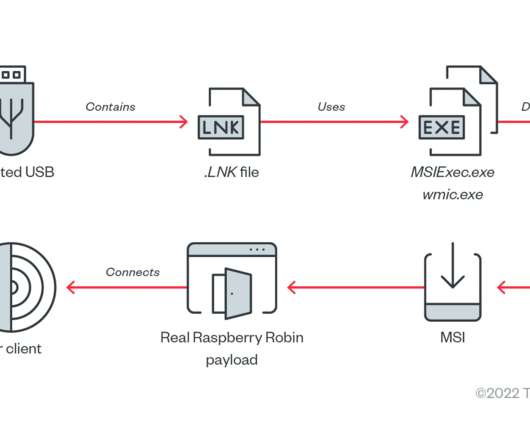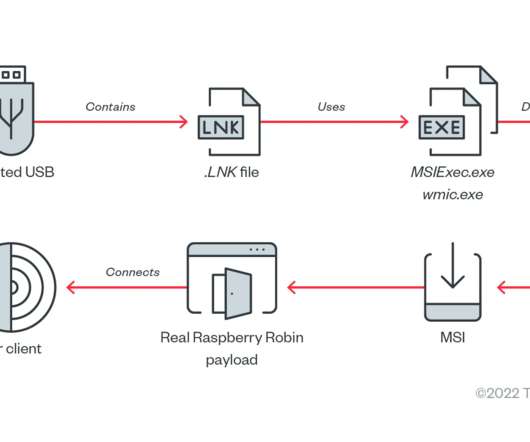My Philosophy and Recommendations Around the LastPass Breaches
Daniel Miessler
DECEMBER 24, 2022
If you follow Information Security at all you are surely aware of the LastPass breach situation. It started back in August of 2022 as a fairly common breach notification on a blog, but it, unfortunately, turned into more of a blog series. The initial blog was on August 25th, saying there was a breach, but it wasn’t so bad because they had no access to customer data or password vaults: Two weeks ago, we detected some unusual activity within portions of the LastPass development environment.

















Let's personalize your content